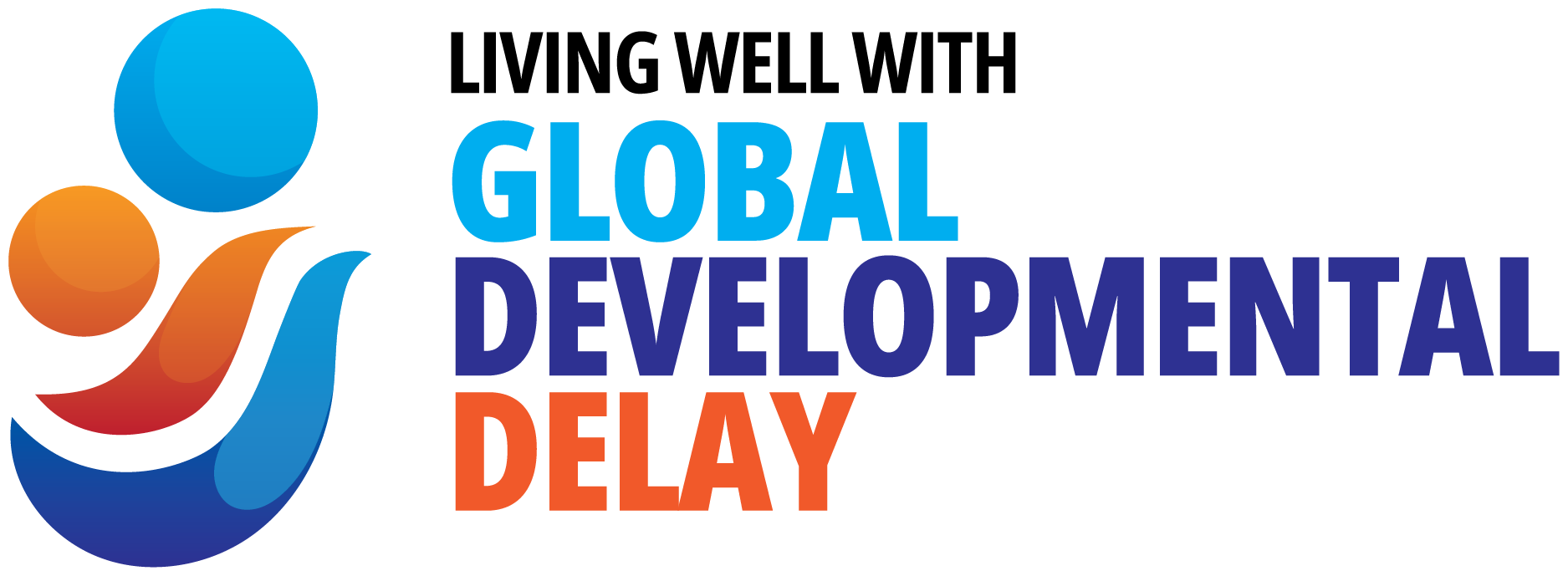- Focus on what supports will improve your child’s quality of life.
- Preparation can make a difference to how you feel about your child’s planning meeting and sharing of information.
- Flexible plans that reflect best practices in early childhood intervention can adapt as your child develops.
NDIS and Global Developmental Delay
Key Messages
"Your plan and the time you put into delivering it, is an investment in your child’s future."
Important
- You DO NOT NEED A DIAGNOSIS to access NDIS if your child is under 6years of age. You will need one before your child turns 7 years.
- You DO NOT NEED TO HAVE ASSESSMENTS before the planning meeting or to wait for them.
Developing a NDIS plan
Making the most of your NDIS planning time
This resource will give you a framework for the NDIS planning process. It was developed with advice from families who have been through this journey and early childhood intervention workers who support families with NDIS planning.
This planning framework is designed to help you prepare for your NDIS planning meetings. Being prepared can help you feel more confident. You may only get short notice about the meeting time. All children are different. All families are different. You will want a plan that not only meets your child’s needs but works for you and the team who support you.

Preparation before the meeting will set you up to create a plan that will help give you the best outcomes.
It uses an approach that helps you focus on:
- what you want your child to achieve and
- how to choose supports that will make a difference to your child’s and family’s life.
Every child and every family is different. Your feelings as you take the journey from noticing your child may have a delay, to diagnosis, and beyond may also be different from that of other parents. There is no right or wrong way to feel.
The process of developing a NDIS plan can be a valuable opportunity to take the time to reflect. Also talk to the people that support you and your child while you gather information.
Your NDIS planner knows that best practices in early childhood intervention are:
- family centred approaches
- support for all areas of development,
- service delivered in the child’s natural environments at home and in the community.
They will be helping you develop a plan that creates a Team Around Your Child who will work together to support you and your family.
Not sure where to start?
Ask:
- your planner what they need to have so they can create your child’s NDIS plan
- those who already supporting your child what you can do to get ready.
If you feel distressed thinking and reading about this topic,
talk to your GP or health professional. You can also call Lifeline on 131 114.
General Links
https://raisingchildren.net.au/disability/ndis/ndis-plans/your-childs-ndis-plan-developing-and-getting-a-plan
ADOCACY
https://www.ideas.org.au/resources.html
Family Advocacy: NDIS PLAN REVIEW TIPS:
https://www.family-advocacy.com/assets/Uploads/NDIS-Information-Update/45cde8cfe0/NDIS-PLAN-REVIEW-TIPS.pdf
https://podcasts.apple.com/au/podcast/ndis-know-how/id1572588958
Understanding the language of NDIS
These are link that explain words used by NDIS.
https://www.ndis.gov.au/about-us/glossary
https://www.cyda.org.au/resources/details/218/understanding-ndis-language
